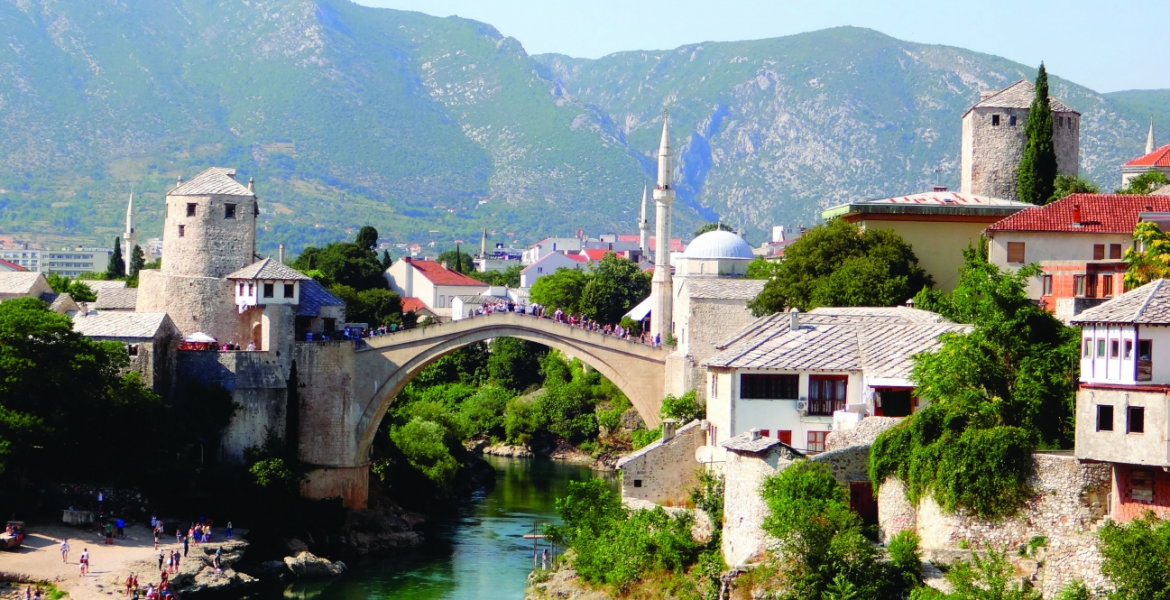On the anniversary of two high water marks of multilateralism NATO completes seventy (70) years and the Kosovo war completes twenty (20) years, the West faces an existential crisis., writes Gregory Melus.
Presently, the populist political star burns bright, cultural and political trends reorient themselves inwards, societies differ and people drift apart. In these quiet moments of societal self-reflection, the need to promote cultural diplomacy is greatest. Efforts to remind ourselves of our shared history and culture are required to maintain and build human rights, democracy and the rule of law in the future.
As social beings that automatically seek cordial relations, we, as humans, take for granted the effortless cultural exchanges that occur by the flattery of our imitation. In circumstances when our divisions grow and we seek to define differences, formal efforts must be made to link cultures and societies. During the Moscow Summit of 1988, President Reagan and General Secretary Gorbachev recognised the importance of such links by including an agreement on student exchanges with other treaties such as the Intermediate-Range Nuclear Forces Treaty (INF).
It is widely known, that the West is retreating into a populist identity and withdrawing from its own neighbourhood of Eastern Europe. Now more than ever, is when it is necessary to rededicate ourselves to the fundamental principles of democracy, individual freedom, and free societies. Ideas born in Europe that flourished in the United States, and are the basis of Western society. Educational exchange are, from our point of view, central elements in the construction and solidification of our democratic foundations.
Despite the global efforts of Europe and the US to bring the benefits of modernism to the World, many of our closest neighbours have been neglected. In recent decades, the Balkans have experienced an uncertain path to democracy traversing the perils of communist totalitarianism and acrimonious nationalism. The achievements of the region are tremendous, but there is more work to be done on the path to regional and international integration. Furthermore, focusing limited resources on a European neighbour with a deep historical connection should not offend populist sensibilities.
In that spirit, the US-Balkan Educational Initiative is dedicated to foster educational exchanges between the leading academic luminaries in Europe, the US, and the Balkans. It has been created to foster academic exchanges between the academic luminaries in diverse fields such as economy, politics, and art to promote base of Western values and principles.

Professor Vladimir Krulj is leading this Initiative, and will present lectures on economic reforms on the Balkans upon the invitation of Professor Rudy Aernoudt from the Universty of Ghent. Additionally, we are consulting with Professor Michael Krull in Washington DC and other Universities to begin faculty and student exchanges. Pronouncements of the end are always wrong, the future is to be built.
The Author, Gregory Melus, is the Executive Director of the US – Balkans Educational Initiative.




